The patient was a 61-year-old woman with a history of hypertension who was admitted to the hospital with grade 3 anaphylactic shock, complications of liver failure, kidney failure, acute respiratory failure and rhabdomyolysis. All of these are life-threatening conditions if not treated promptly.
Taking medical history, previously the patient went to exercise near home and encountered a swarm of wasps and was stung 70 times (ie stung by 70 bees).
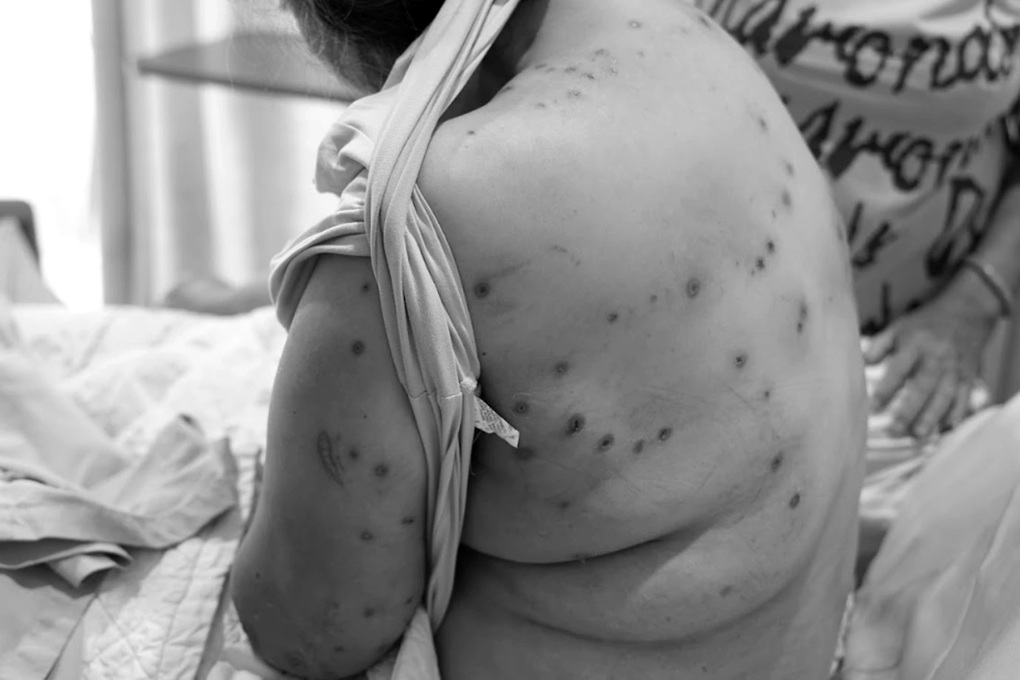
The patient was stung by 70 bees all over his body (Photo: South Saigon Hospital).
The patient was taken to the hospital just 40 minutes after the accident. At the Saigon South International General Hospital (HCMC), the patient was immediately transferred to the Intensive Care - Emergency Department.
Doctors treated the patient with intensive measures such as continuous blood filtration, mechanical ventilation, multi-organ support, hemodynamic support and infection control.
After 10 days of intensive treatment, the patient was conscious, had the endotracheal tube removed, was transferred to a regular room and was discharged from the hospital.
"Luckily, I was taken to the hospital and treated promptly. I am truly grateful to the doctors and nurses at Nam Sai Gon International General Hospital," the patient emotionally shared.
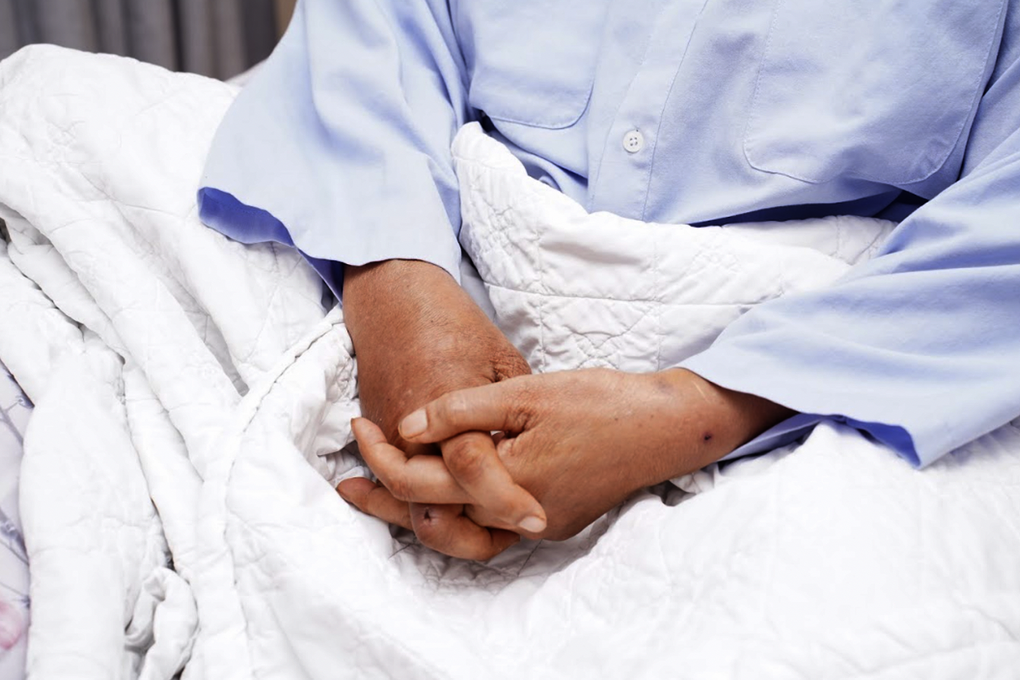
The patient's bee stings gradually subsided after treatment (Photo: South Saigon Hospital).
According to Dr. Lai Thanh Tan, Department of Intensive Care - Emergency, Nam Saigon International General Hospital, wasp stings do not only cause pain and swelling as many people mistakenly believe.
Their venom contains many strong enzymes and toxins, which can cause anaphylactic reactions, toxic shock, liver and kidney damage, blood clotting disorders and multiple organ failure, especially in people with underlying diseases such as high blood pressure, diabetes, cardiovascular disease, immunodeficiency, etc.
When burned multiple times at once, the amount of toxins in the body can reach dangerous levels.
With a modern emergency - resuscitation system and a team of experienced doctors, in addition to the above case, Nam Sai Gon International General Hospital has successfully handled many complicated emergency cases, including cases of anaphylactic shock, severe poisoning - infection, multiple organ failure...
Timely intervention, proper treatment regimen and close monitoring helped the patient escape danger and recover well.
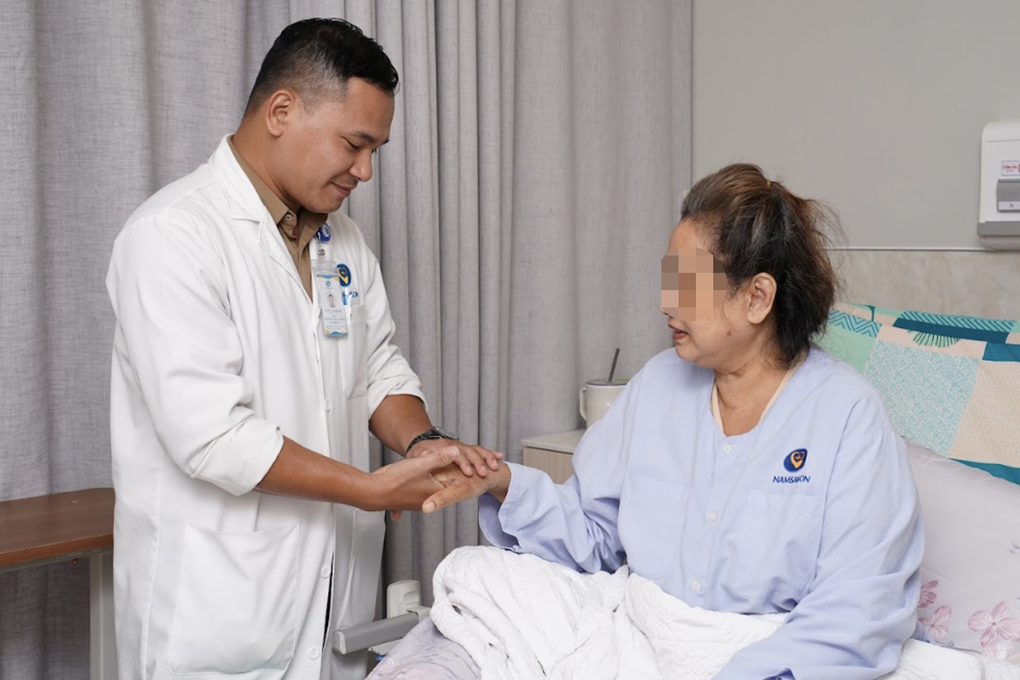
Doctor Tan examines a woman stung by a bee (Photo: South Saigon Hospital).
Doctors warn that we are currently in the summer season, a time of explosive activity and recreation, but also carries many potential risks such as traffic accidents, injuries, animal attacks...
After being bitten by an insect or stung by a bee, people should never be subjective. Specifically, when an accident occurs, you need to move away from the area with bees immediately; do not scratch or squeeze the sting yourself; remove any remaining venom; wash with saline or under running water; apply cold compresses.
If you experience difficulty breathing, dizziness, nausea, or swelling of the sting site, go immediately to the nearest medical facility.
Source: https://dantri.com.vn/suc-khoe/nguoi-phu-nu-bi-70-con-ong-vo-ve-dot-nguy-kich-khi-tap-the-duc-gan-nha-20250718160419482.htm










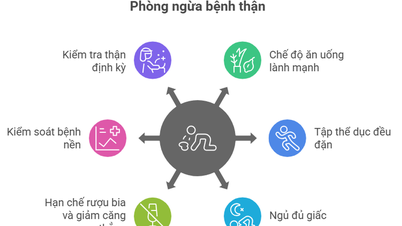










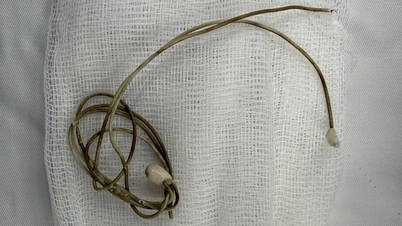
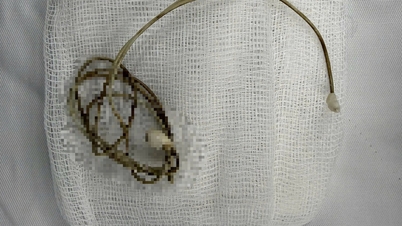























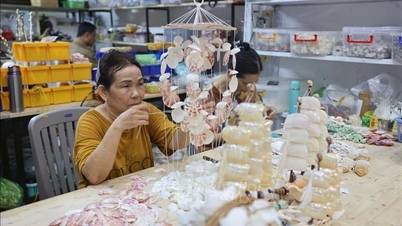






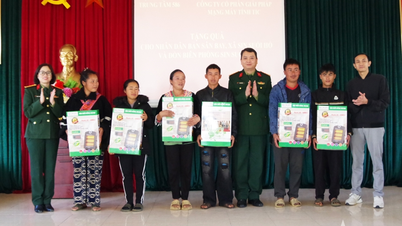































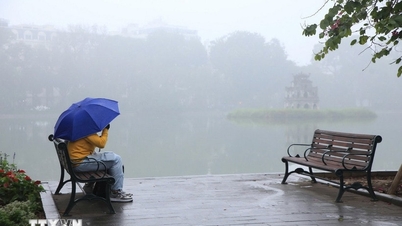























Comment (0)